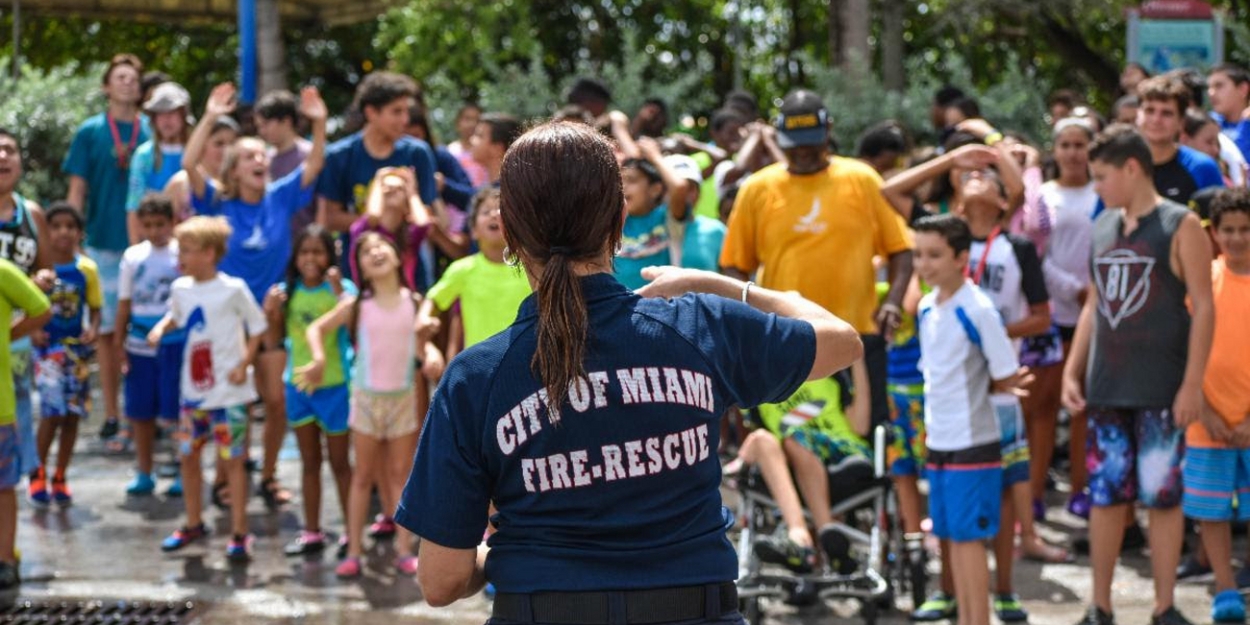Prioritize stopping trash and plastics at the source
The smoke from a fire in April at the Miami-Dade Solid Waste recycling center, seen from a nearby neighborhood in Doral.
City of Doral
From the streets of Miami to the coves of Biscayne Bay to the waves of the deep sea — we have a trash problem.
For several years, Miami has been running out of room in its landfills. To deal with our garbage, county and city officials turned to waste incineration, a huge step backward for our ocean and planet. Incineration results in harmful air pollution and fly ash entering our communities, along with unpredictable risks such as this year’s uncontrollable fire at the Covanta Doral plant.
Other tactics are being pursued, such as recycling. But the reality is, most of the plastic we use is not recyclable and is destined for a landfill, no matter what.
Click to resize
Miami-Dade County landfills are not the only places burdened by excessive garbage. The same can be said of our coast, waterways and ocean. Trash in the water and on the shoreline often gets entangled around, or ingested as food by, wildlife with lethal consequences. According to the Department of Resilience and Public Works, Miami removes 128 tons of trash a year from the Miami River. More broadly, Ocean Conservancy data shows volunteers in Florida have collected 14.5 million pounds of trash since 1987 through the annual International Coastal Cleanup. Most ocean trash is the direct result of an overconsumption of disposable products and poorly managed trash on land.
The time has never been more urgent to tackle our trash issue. As summer approaches, we are reminded that tourism is vital to this city’s economy. We need our waterways and beaches to be clean and healthy for visitors and for those of us who live and work here. We also cannot afford to lose any more manatees and turtles to trash ingestion, when these creatures are already facing population declines.
We need to prioritize stopping trash and plastics at the source and prevent trash and plastic pollution from entering Florida’s waterways and beaches in the first place. Moving away from a reliance on plastics will put less pressure on recycling and landfills, and keep objects that harm marine life out of the ocean and coastal ecosystems.
Initial efforts are under way. For example, Plastic Free Cities, is a collaboration between Debris Free Oceans, Ocean Conservancy and Big Blue + You, made possible thanks to the National Oceanic and Atmospheric Administration’s (NOAA) Marine Debris Program prevention grants. The program trains students on plastics and sustainability.
These students, the next generation of ocean leaders, meet with businesses to reduce plastic use and reliance, and encourage certification in the Miami-Dade County Plastic Free 305 program. Already, during a pilot run of this program, two dozen students met with 60 businesses, with 12 completing certification. To date, Debris Free Oceans has prevented more than 2 million single-use plastic items from entering the waste stream through its similar programs.
With strong funding from NOAA and its marine debris grants, we are building momentum to eliminate trash before it even enters the waste stream. We also need federal and state legislation that puts more responsibility on plastic producers and finds ways to curb virgin plastic production altogether, such as the Break Free from Plastics Act, introduced in Congress.
It’s time for Florida and Miami to go all in on waste prevention. I’m sure our congressional leaders, Sens. Marco Rubio and Rick Scott, and South Florida Reps. Carlos Giménez, Frederica Wilson, Maria Elvira Salazar and Mario Díaz-Balart, treasure our city, beaches and marine life as much as I do.
I hope they show this pride by committing to strong funding for NOAA in next year’s budget and by supporting more efforts to address plastic pollution at the source.
Caiti Waks is a lawyer and co-founder of Debris Free Oceans, a sustainability nonprofit in Miami.



